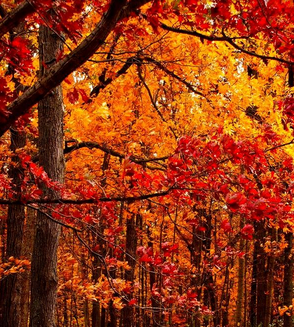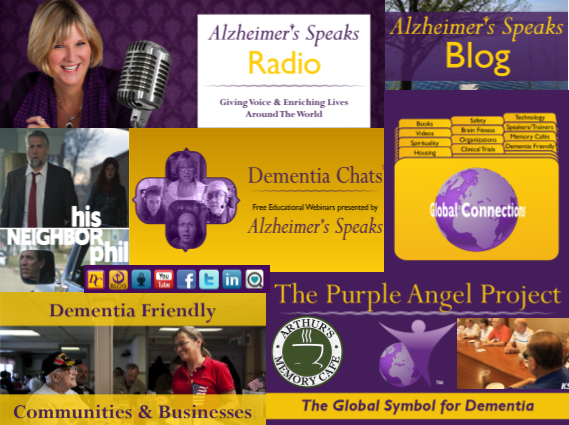Elder Safety During the Autumn Months
Elder Safety
During the Autumn Months
By Donna Fitzgerald
 It’s no surprise that autumn is a favorite season for so many people of all ages. With the temperatures cooling and the leaves changing, the weather is often perfect for walking and other outdoor activities. Cooler autumn air can also make it easier for the elderly to get around outside without worrying about overheating like some do in the summer months. However, with cooler temps results in potential elderly health hazards. Help your elderly loved one stay safe and healthy during the autumn months without missing out on the breathtaking fall foliage.
It’s no surprise that autumn is a favorite season for so many people of all ages. With the temperatures cooling and the leaves changing, the weather is often perfect for walking and other outdoor activities. Cooler autumn air can also make it easier for the elderly to get around outside without worrying about overheating like some do in the summer months. However, with cooler temps results in potential elderly health hazards. Help your elderly loved one stay safe and healthy during the autumn months without missing out on the breathtaking fall foliage.
Cold & Flu Season
Cold and flu season can be particularly hazardous for elderly individuals. The Centers for Disease Control and Prevention estimates that nearly 90% of flu-related deaths and a substantial amount of flu-related hospitalizations occur in individuals over the age of 65. The best way to prevent the flu is to get the influenza vaccination as soon as it’s available. Elderly individuals should always consider getting a flu shot because immune systems weaken with age. If your elderly relative lives in a nursing home facility, make sure you know how they handle influenza outbreaks and make sure your loved one gets a flu shot.
Bundle Up
The chance of hypothermia increases for elderly individuals. Hypothermia in older individuals occurs when the body temperature reaches 95 degrees or lower. When the body temperature is low and continues to stay in a dangerously low range, serious health problems from kidney failure or a heart attack may occur. Here are some ways to ensure that your loved one will stay safe and healthy during colder temperatures:
Learn Your Elder’s Baseline Temperature: Some people have naturally lower body temperatures. Talk with your elder’s physician and find out what’s “normal”.
Thermostat: It’s important that the temperature inside is kept at 68 degrees or higher. Weatherize a room or home if you feel drafts. Make sure your elder has enough blankets and wears enough layers.
Know the Signs: When the weather gets cold, learn the signs of hypothermia. Additionally, an elderly individual who doesn’t dress properly for the weather may be suffering from memory loss. According to Johns Hopkins Medicine, elderly individuals that fail to wear enough clothing during colder weather may be suffering from Alzheimer’s.
Responsible Staff: If your elder lives in a nursing home facility, you can’t be there all the time to make sure that he or she is dressed appropriately or has a warm room. Talk with staff and ask how they keep residents comfortable when the weather gets colder. Living in a cold room or not being dressed for the weather can be signs of neglect and should be addressed immediately.
When you accompany your elder on a leaf peeping walk, make sure he or she wears temperature appropriate clothing, good walking shoes (as leaves may cover uneven pavement), and a walker, cane, or scooter if he or she needs assistance.
For Information on Dementia and Caregiving
Click Below


